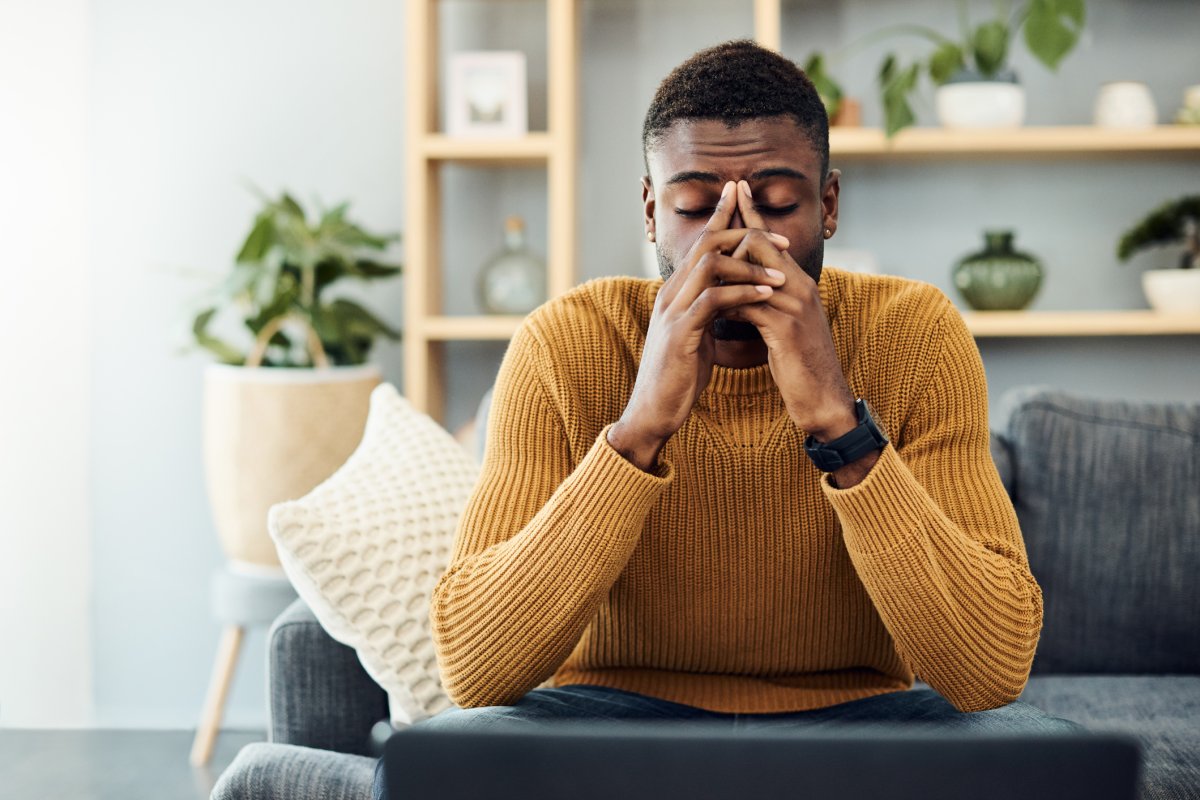Lawson Health Research Institute is working on a new study on the impact the pandemic is having on the mental health of veterans and their spouses.

The study is a collaboration between the Lawson Health Research Institute and the Centre of Excellence on Post-Traumatic Stress Disorder.
The institute said population studies show that Canadian veterans are at double the risk of mental illness than the rest of the population.
According to the studies, veterans experience higher rates of depression, anxiety and loneliness, and their spouses can also be at higher risk of distress.
“With concerns about COVID-19 infection and drastic changes to everyday life, the pandemic is taking a toll on the health of Canadians,” says Don Richardson, Lawson associate scientist and director of the MacDonald Franklin Operational Stress Injury (OSI) Research Centre.
“And it may be particularly distressing for those vulnerable to mental illness.”
The study is looking to recruit 1,000 Canadian veterans and 250 spouses of Canadian veterans to complete online surveys once every three months for a total of 18 months.
Participants will be asked questions about their psychological, social, family-related and physical wellbeing, and any relevant changes to their lifestyle and health care treatment.
“It’s currently unknown how the pandemic will impact veterans and their spouses, but it could result in particularly serious outcomes,” says Anthony Nazarov, associate scientist at Lawson and the MacDonald Franklin OSI Research Centre.
“We want to hear from all Canadian veterans and their spouses, whether they’re doing well or not and whether they’re seeking care or not.”
Nazarov said some veterans were already suffering with issues before the pandemic, but the “dramatic changes” happening now due to the pandemic may make things even worse.
He said loneliness and social isolation, which many people have experienced as a result of COVID-19 restrictions, can be an even bigger problem for veterans.
The team hopes results can be used to support veterans and their families’ wellness during public health emergencies and health care professionals and policymakers with information to guide emergency preparedness policies and health care delivery models.
“This study can help us understand if the pandemic is having debilitating and life-altering effects, and help us address a potential mental health crisis,” said Patrick Smith, CEO of the Centre of Excellence on Post-Traumatic Stress Disorder.
- Posters promoting ‘Steal From Loblaws Day’ are circulating. How did we get here?
- Canadian food banks are on the brink: ‘This is not a sustainable situation’
- Video shows Ontario police sharing Trudeau’s location with protester, investigation launched
- Solar eclipse eye damage: More than 160 cases reported in Ontario, Quebec








Comments